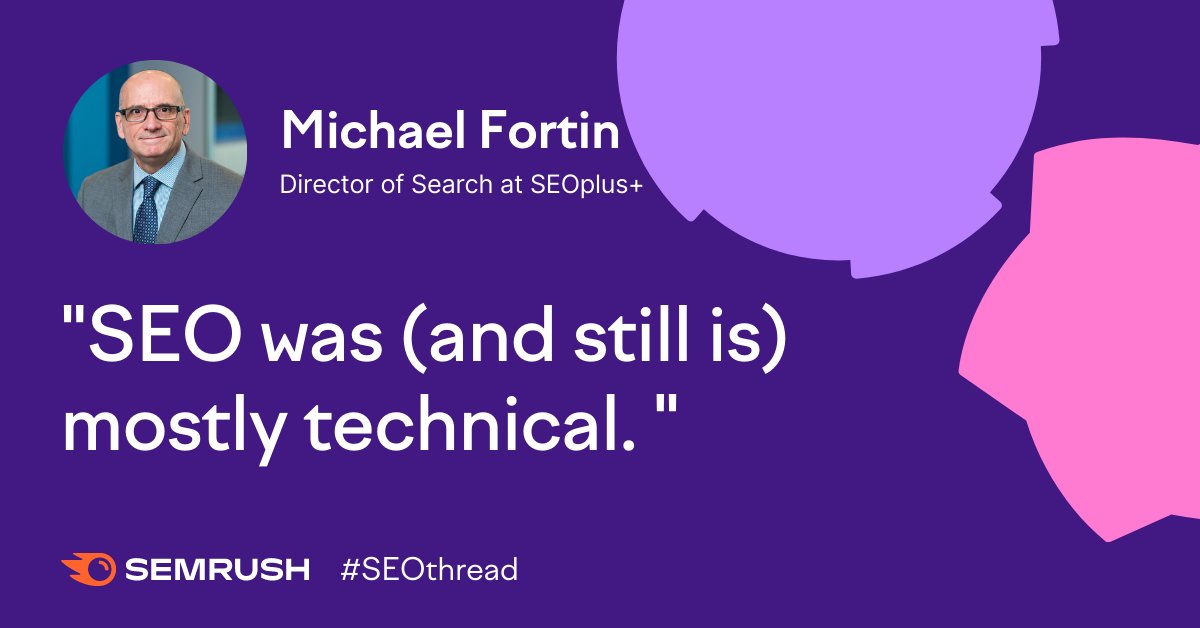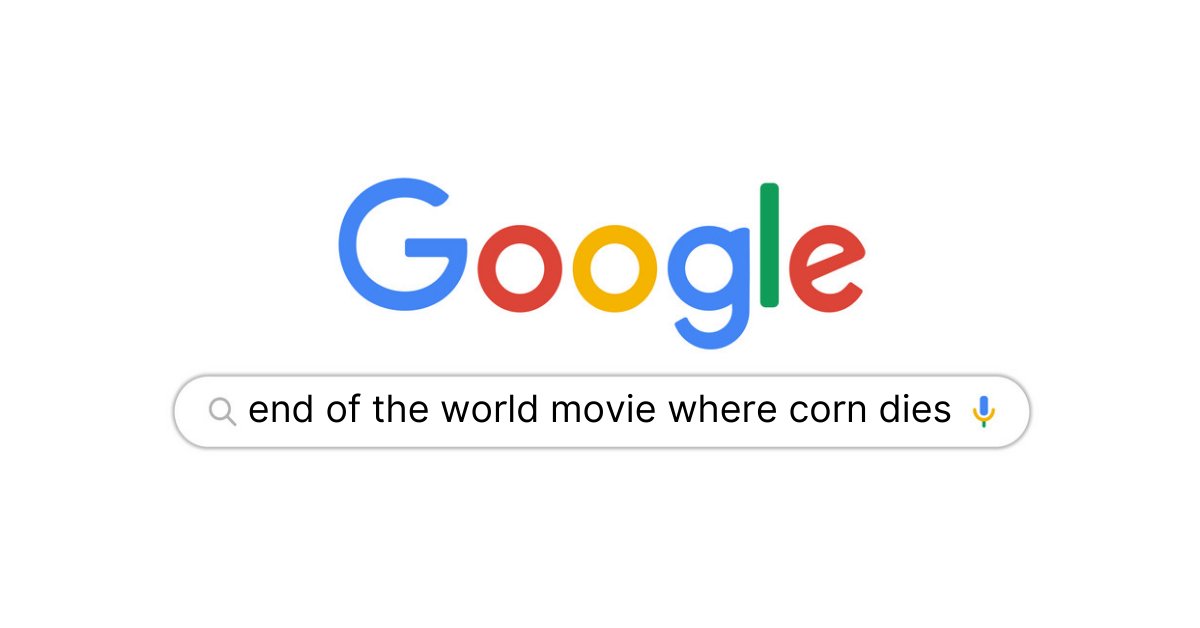
Welcome to SEO. I’m sure you are wondering if SEO is for you? Well, I am here to tell you that it absolutely is, but I know how hard it can be to find out more about SEO and how to get into it. This is where I come in, so let’s talk about it.
#SEOThread @RejiYates
#SEOThread @RejiYates

The beauty of SEO is that there is a bit of something for everyone; whatever the interest. What are you interested in? Companies need an ‘SEOer’ (just made this up); but you get where I am going right? So, combine your passion with SEO. #SEOThread @RejiYates
Let’s break it down further! Remember these three categories: Technical, Content, Project Management. I will explain how you as an aspiring talent can find their place within any of these categories and you don’t have to lose YOU to find your spot. #SEOThread @RejiYates
Technical: This is for those that love knowing the nitty gritty of things, love coding etc. Have an interest? Then Technical SEO is calling your name. There are blogs to get you started on this journey. #SEOThread @RejiYates semrush.com/blog/learning-…
Content: My favorite part! It is such a key part of any SEO Strategy because you really must think about the user experience/intent. If you are all about content/ creativity, then this is your area! #SEOThread @RejiYates.
Project Management: some people just love planning and overseeing the implementation and if so in SEO you can do just that. By understanding SEO and how it works you can fill in that gap and basically become the middleman between developers and SEOs. #SEOThread @RejiYates
There are other aspects of SEO of course such as Outreach, PR, social media etc. The beauty is SEO does not limit you so if you were second guessing if you should get involved; I am here to tell you…JUST JUMP IN! But how do you go about learning? #SEOThread @RejiYates
learningseo.io by @aleyda is the perfect first stop because it breaks it down so effortless and provides a great roadmap. Free guides and resources in one place for you to learn about SEO in different categories. It’s simply golden! #SEOThread @RejiYates
Let’s talk blogs! I gave an example of a Semrush blog but there are other blog bad boys to read through and learn about SEO. Search Engine Journal, Search Engine Land, Yoast are a few I use constantly to learn and develop. I swear by them #SEOThread @RejiYates
“How about training & qualifications?” Well, I’m glad you asked! I don’t believe in paying for extra qualification/training if it is not vital especially just to learn SEO so; Google Digital Garage, HubSpot, LinkedIn Learning are FREE. Also…YOUTUBE! #SEOThread @RejiYates
Newsletters, Podcasts etc. are also a good way to learn by signing up or listening to them helps keep track of what is happening in the SEO world. Lastly join an SEO group such as @womenintechseo or @BDigital_UK as resources is shared and insights given. #SEOThread @RejiYates
So, You Aspiring Talent wanting to join us in SEO; just do it! There is something here for you and so much is happening. Frankly. We need you; we need new eyes and perspective to shape this industry for the better. See you soon (I hope) #SEOThread @RejiYates
• • •
Missing some Tweet in this thread? You can try to
force a refresh
















